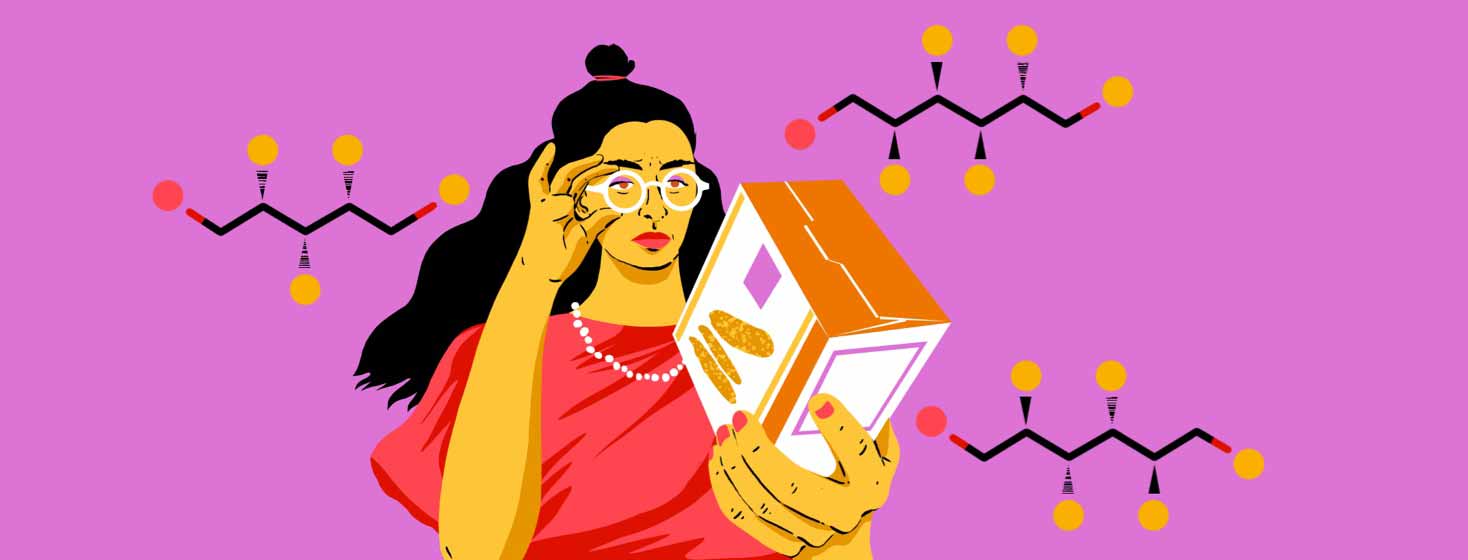Nutrition and Exercise With Pompe Disease
Reviewed by: HU Medical Review Board | Last reviewed: January 2023 | Last updated: May 2025
Right now, there is no cure for Pompe disease. The main treatment is enzyme replacement therapy (ERT). ERT drugs help replace the protein (enzyme) that is low or missing in people with Pompe disease. This enzyme is called acid alpha-glucosidase (GAA).1,2
While ERT is the main treatment, there are additional ways to help manage the symptoms of Pompe disease. These include nutrition and exercise. Eating a healthy diet and staying physically active (within safe limits) may slow disease progression and improve well-being.1,3-5
Nutrition and Pompe disease
GAA is an enzyme that helps with sugar breakdown. When you eat, your body packages sugar together and stores it in your cells. These larger sugar packages are called glycogen. Your body then breaks down glycogen when it needs energy.1,2
However, if your body cannot break down glycogen, the sugar builds up and damages important muscles. This leads to the muscle weakness and heart problems that can occur with Pompe disease.1,2
Balancing energy needs
Eating the right balance of calories and nutrients is of special concern for people with Pompe disease. On one hand, the muscle weakness caused by the condition can lead to being inactive. When you are inactive, your body does not need as much food for energy. Thus, it can be easy to overeat and gain weight.2,3
On the other hand, having Pompe disease can make it difficult to chew and swallow food. You may eat less as a result. When you do not get enough nutrients from food, it can be harder to fight infections or other stressors.2,3
Overall, if you have Pompe disease, it is important to match your food intake to your energy needs.2,3
Diet as a treatment option
Before ERT became the primary treatment for Pompe disease, diet was one of the main ways to manage the condition. Doctors often recommended certain supplements. These included amino acids, the building blocks of proteins. Also, they closely monitor the balance of proteins, fats, and carbohydrates (carbs) in a person's diet.1,3,4
There are still benefits to following specific diets along with ERT for people with Pompe disease. For example, a high-protein diet may:3,4
- Prevent or slow muscle breakdown
- Help build lean muscle mass
- Help you feel full for longer
- Decrease your desire to eat carbs, which contain sugars
Exercise as a treatment option
Exercise can be a helpful treatment alongside ERT as well. For people with Pompe disease, many experts recommend a low-to-moderate exercise program that combines both aerobic and resistance exercises.3,5
Aerobic exercises are commonly called cardio and include activities like walking or running. Resistance exercises help build muscle. They include sit-ups, push-ups, or light weight training.3,5
In general, physical activity can help:2,4
- Improve quality of life
- Maintain strength
- Restore muscles
- Improve range of motion
- Reduce inflammation from muscle damage
- Encourage the body to use fatty acids rather than sugars for energy (important for those who cannot break down sugars easily)
Studies also have shown that regular moderate-intensity aerobic exercise can improve ease of breathing and quality of life. Aerobic exercise, especially when combined with a high-protein diet, may also reduce signs of muscle breakdown on blood tests. Preventing muscle breakdown can help keep you active for longer and improve long-term outcomes.1-5
Physical and speech therapy to target certain muscle groups
Pompe disease often affects the muscles that control breathing, making it hard to breathe or cough. Some people may need a ventilator (a machine that helps or takes over breathing) or supplemental oxygen. Also, the inability to cough can lead to lung infections. Working with a physical therapist can help target the breathing muscles and improve symptoms.1,2
Several studies have found that targeted breathing exercises lead to a decreased need for breathing support (like daytime ventilators).1,2
In some cases, Pompe disease affects a person's ability to swallow and speak. A speech therapist can suggest exercises to strengthen these muscles.1,2
To make the best diet and exercise plan for you, talk to your doctor. They can help you create a plan based on what foods you like to eat, exercises you can do, and other health issues you might have.

Join the conversation